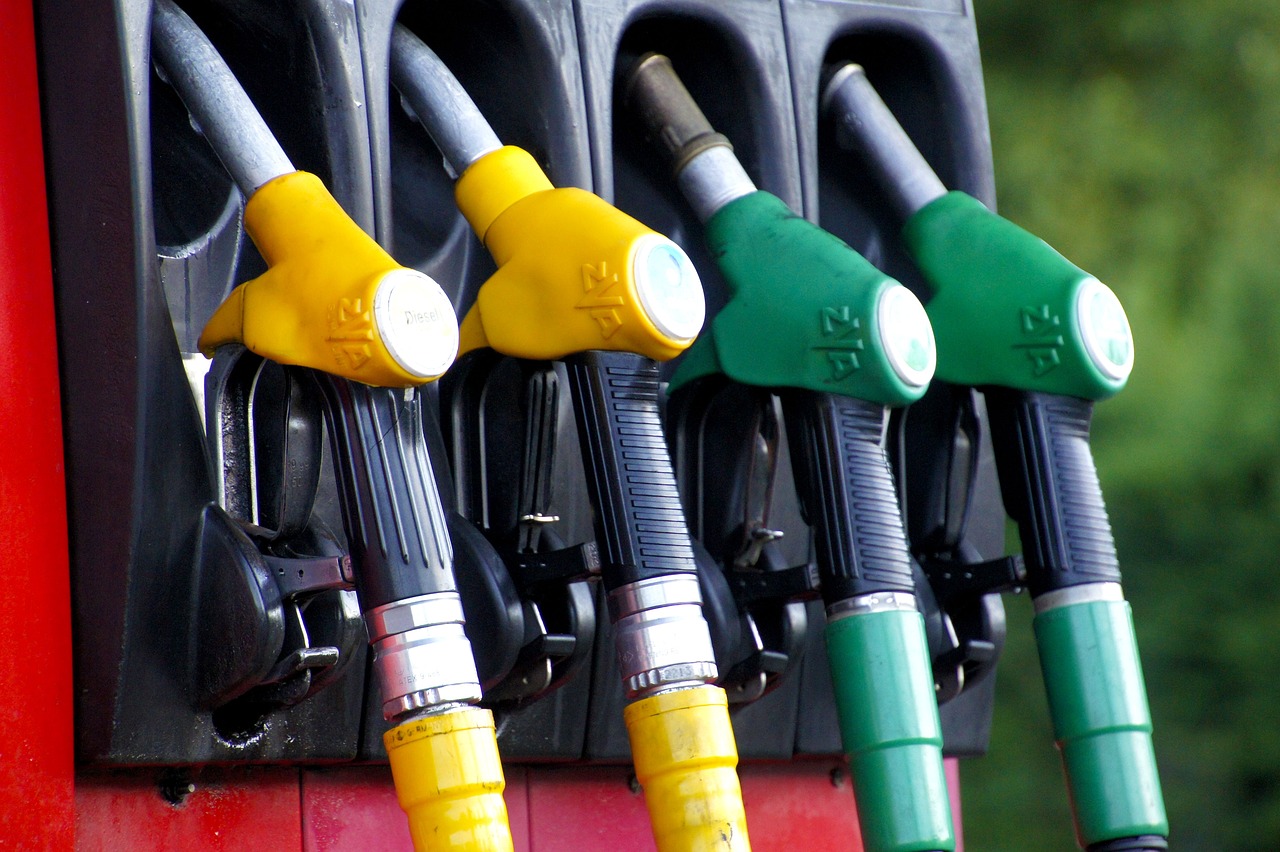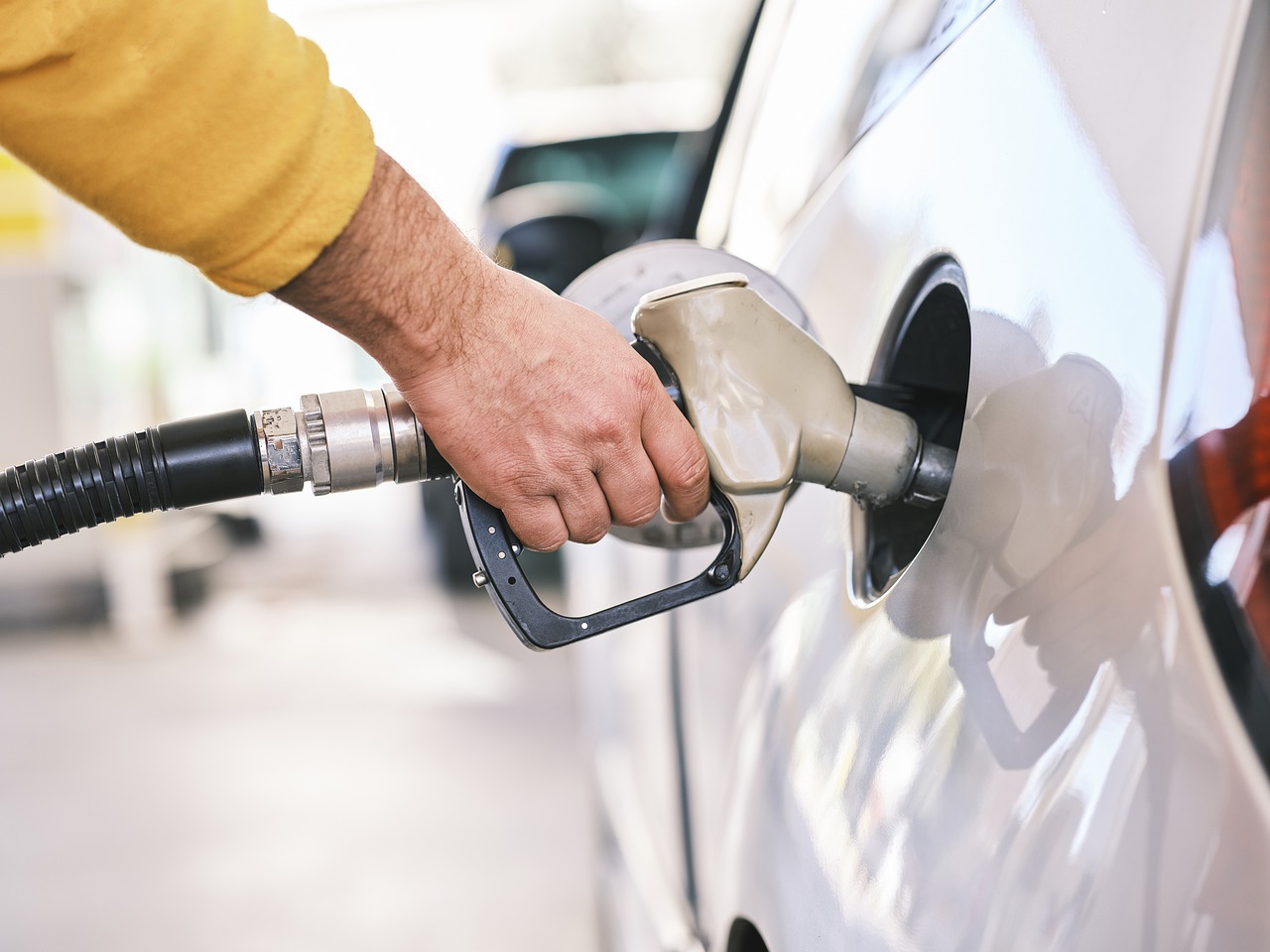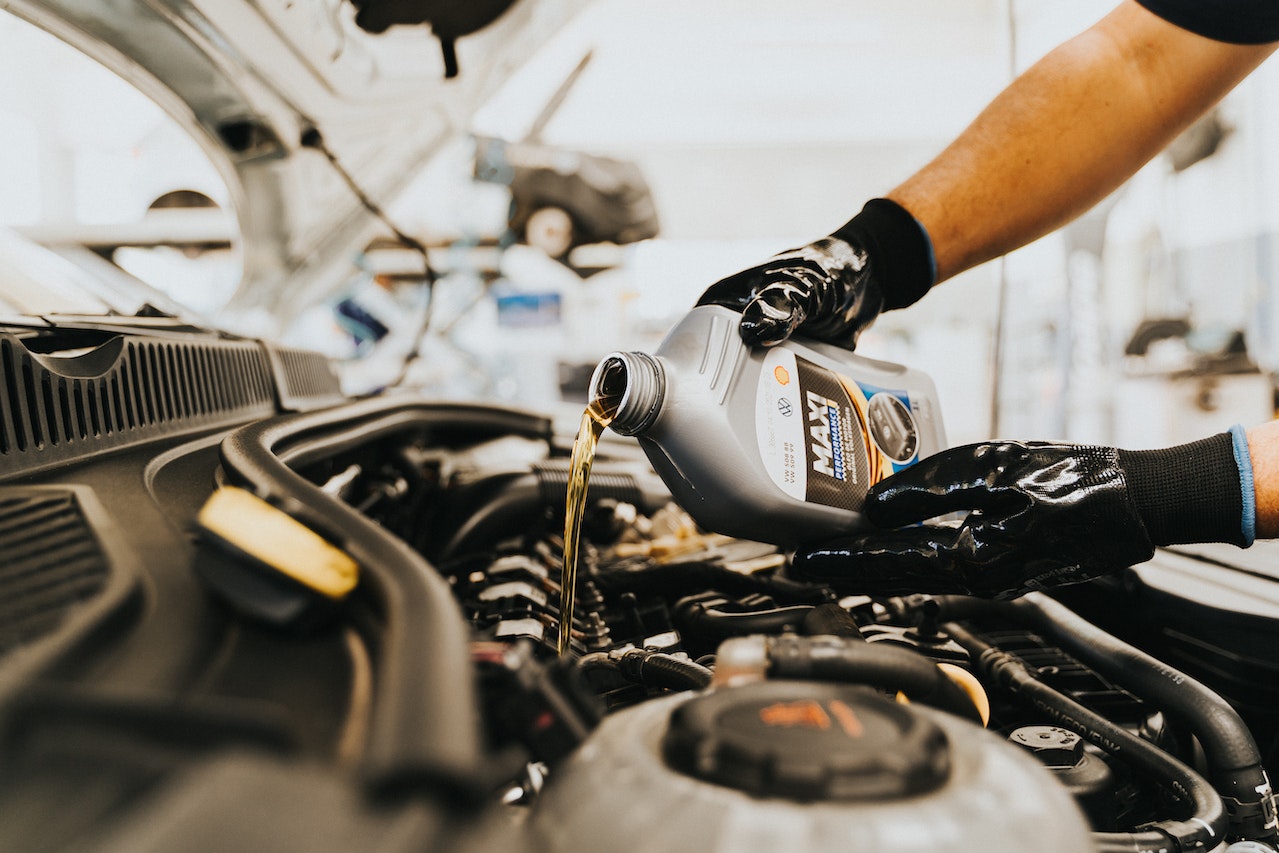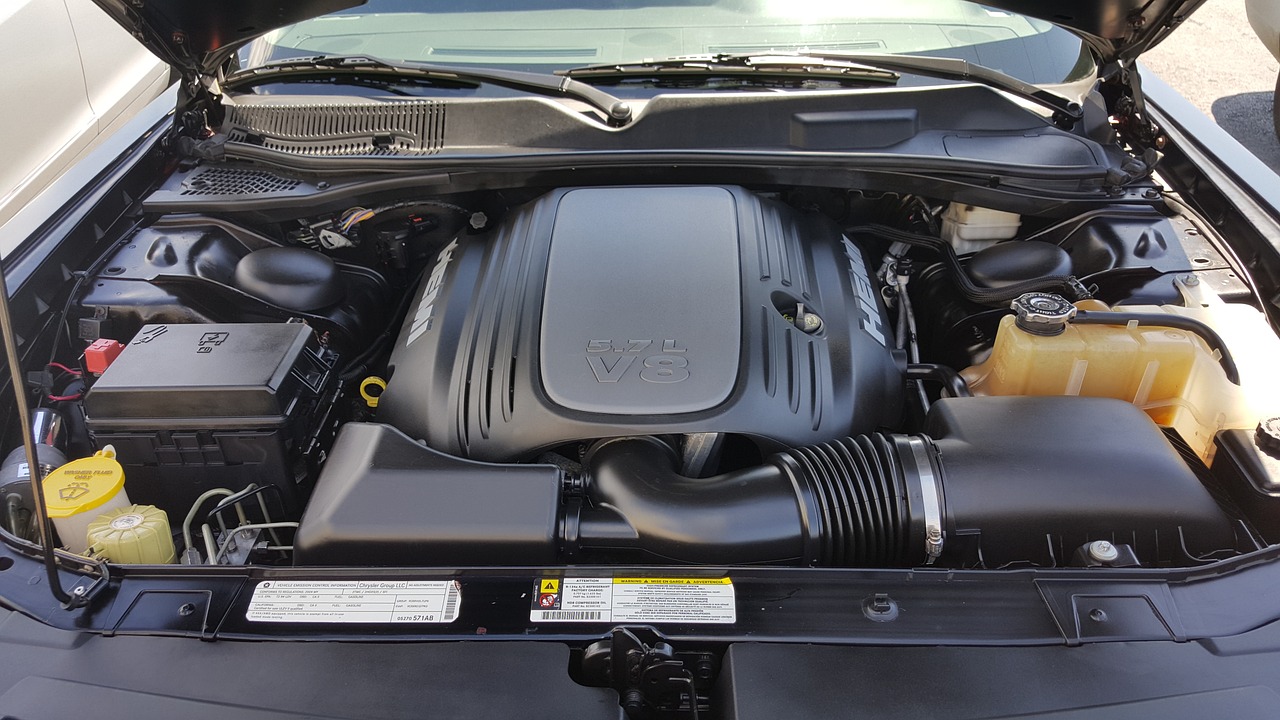The age-old question every driver secretly thinks about but would never dare to ask at the family barbecue for fear of looking clueless: what’s the difference between regular and premium gas? Don’t worry, intrepid reader, for I am here to dispel the myths and illuminate the facts, all while making you chuckle (or at least groan at my attempts to be funny).
Regular Gas vs Premium Gas: A Brief History
Back in the day, when cars were a shiny new invention and selfies weren’t even a twinkle in the universe’s eye, someone decided we needed a way to classify different types of gas. Thus, regular and premium gas were born, sort of like the Cinderella and her evil step-sister of the fuel world.
The “Sciencey” Bit: Octane Ratings
First things first: if you’re not familiar with the term “octane rating,” don’t fret. It doesn’t mean your gas comes with a rating of how octa-awesome it is. Rather, octane ratings measure a fuel’s ability to resist “knocking” or “pinging” during combustion.
You see, in an ideal world, the air-fuel mixture in your car’s cylinders would ignite at just the right time, producing a harmonious blend of power and efficiency. But alas, the real world isn’t ideal. Sometimes, this mixture ignites too early. This premature combustion produces a knocking or pinging sound, and no, it’s not your car’s way of saying, “Feed me premium, please!”
Regular gas usually hovers around an octane rating of 87, while premium gas can be anywhere from 91 to 94. Basically, the higher the octane rating, the less likely your engine is to produce that ungodly knocking sound. Think of it like coffee. Regular gas is like your standard cup o’ joe, while premium is the fancy-pants latte with all the toppings. It might taste better and make you feel fancy, but they both get the job done.
Does Your Car Even Care?
Here’s where it gets fun (and by fun, I mean potentially wallet-draining). Some cars, especially those sporty models or luxury beasts, specify in their owner’s manuals that they should only be fed a steady diet of premium gas. The engine’s been designed in a way to fully harness the anti-knocking powers of the higher octane level. Using regular gas in such vehicles can, over time, reduce performance and potentially harm the engine.
On the flip side, if your car’s manual says it’s okay to use regular, then by all means, save those extra pennies and go for it. Splurging on premium gas for a car that doesn’t need it is akin to buying designer shoes for your pet hamster. Sure, Mr. Whiskers might look fabulous, but it’s entirely unnecessary.
Additives and Detergents: Because Gas Isn’t Just, Well, Gas
Now, if you thought gasoline was just dead dinosaur remnants, think again. Today’s gasoline is like a celebrity after a spa day – treated, pampered, and loaded with add-ons. Both regular and premium gas have additives and detergents. These little extras help reduce engine deposit buildup, aid in corrosion protection, and assist with overall cleanliness of the engine. It’s the equivalent of your car getting a facial and a deep tissue massage.
That being said, premium gas often gets the VIP treatment. It might contain a higher concentration or a better quality of these detergents and additives. So, if regular gas is your standard facial, premium is the gold-infused facial some Hollywood stars swear by. (Spoiler: Your car probably doesn’t need gold-infused anything.)
The Myth of Superior Fuel Efficiency
Some drivers believe that using premium gas, regardless of whether their vehicle requires it or not, improves fuel efficiency. And while it’s a lovely thought that splurging on the pricier option gives you more miles for your dollar, in most cases, it’s just that – a thought. If your car isn’t designed to run on premium, it’s unlikely you’ll see any significant change in fuel economy. So unless your car’s user manual explicitly says “Premium Only” (with or without a snobbish tone), you’re mostly just lighting dollar bills on fire. Metaphorically, of course.
Hysterical (And Entirely Fabricated) Testimonials
- Timmy the Ford: “My owner once fed me premium gas, and let me tell you – I felt like I was on top of the world! But then I realized I’m designed for regular. It’s like when you wear a tuxedo to a casual party. Sure, you look good, but was it necessary?”
- Lucy the Lamborghini: “Darling, I only sip the finest premium. Anything less is simply beneath me.”
- Pete the Prius: “Honestly, I’m just here for the eco-cred. But between you and me, I wouldn’t mind a sip of the fancy stuff once in a while.”
Conclusion: Choose Wisely, My Friend
At the end of the day, the best gas for your car is the one that meets its needs and keeps it running smoothly. If your car asks for premium, don’t cheap out. If it’s cool with regular, save those extra bucks for something more worthwhile, like, I don’t know, a gold-infused facial?
But no matter what you choose, always remember the true difference between regular and premium isn’t in the price or the octane level – it’s in how well you listen to your car’s needs. Treat your ride right, and it’ll return the favor. Unless, of course, it’s just having one of those days. Cars, am I right?
Pro Tips for the Perplexed Petrol Purchaser
- Keep an Eye on the Manual: Your vehicle’s owner’s manual is like its personal diary. Except instead of teenage angst, it contains valuable information about its fuel preferences. Check it. Read it. Cherish it.
- Monitor Performance: If you’ve accidentally filled up with the wrong gas once or twice, don’t panic. Just be vigilant about any unusual behaviors in your vehicle, like poor acceleration or that dreaded knocking sound.
- Mixing Isn’t Necessarily a Sin: If you usually fill up with regular and decide to live on the wild side with a tank of premium, your car won’t throw a fit. It’s versatile. It’s not like mixing stripes and polka dots (which, by the way, is a bold fashion choice).
- Fuel Up in the AM: Gas is denser when it’s cooler. So filling up in the morning or late evening during warmer months might get you a smidge more for your money. It’s science (and also a bit of penny-pinching wisdom).
- Loyalty Programs & Apps: Many gas stations offer rewards or discounts for regular customers. There are also numerous apps available that help you locate the cheapest gas in your area. Saving money on gas means you can splurge elsewhere, like on those designer hamster shoes we talked about.
- Keep It Clean: While we’ve focused on the inside, don’t forget the outside. A clean car with properly inflated tires and a well-maintained engine can improve fuel efficiency. It’s like giving your car a spa day followed by a good night’s sleep.
- Stay Informed: Fuel formulations can change based on seasons or regulations. Stay updated about any changes in your region that might affect the quality or type of gas you should be using.
Frequently Asked Questions (FAQs) About Gas
Over time, yes. Using regular gas in a car designed for premium can lead to decreased performance and potential engine damage. However, if you’ve done it accidentally once or twice, don’t freak out; just switch back to premium on your next fill-up.
This means your car will perform best with premium gas, but it can also run adequately on regular. You might notice a slight drop in performance or efficiency with the cheaper stuff, but no significant harm should come to your engine.
While it’s true that premium often comes with more additives, most modern fuels, including regular, have sufficient detergents to keep engines clean. So, while premium might give a little extra cleaning, it’s not enough to justify the cost unless your car actually needs the higher octane.
Yes, you can. If you’ve been using regular and want to switch to premium (or vice versa), there’s no need to wait until your tank is empty. The two will mix without any issues. Just remember, it’s about the car’s octane requirement, not the fuel’s mixology skills.
In most cars designed for regular gas, the answer is no. However, if your vehicle is optimized for premium, using regular might decrease its efficiency slightly. Always best to stick to what your car’s manufacturer recommends.
Yes, gas does degrade over time. If you’re storing gas for extended periods (like, say, for your lawnmower over winter), it’s a good idea to add a fuel stabilizer and store in a cool, dry place. For your car, it’s usually not an issue unless it’s been sitting idle for many months.
Oh, the million-dollar question! Gas prices are influenced by a myriad of factors, including crude oil prices, refining costs, distribution and marketing costs, taxes, and station markup. Seasonal demand, geopolitical events, and even natural disasters can cause fluctuations.
Some additives can help with cleaning or stabilizing fuel, especially for stored gas. However, if you’re buying them hoping for a miraculous boost in mileage or turning regular gas into premium, it’s best to save your money.
Major brands often tout their proprietary detergent blends as superior. However, all gas sold in a region usually meets specific quality standards. That said, some believe brand-name stations might have fresher or higher-quality fuel due to faster turnover and strict brand standards.



